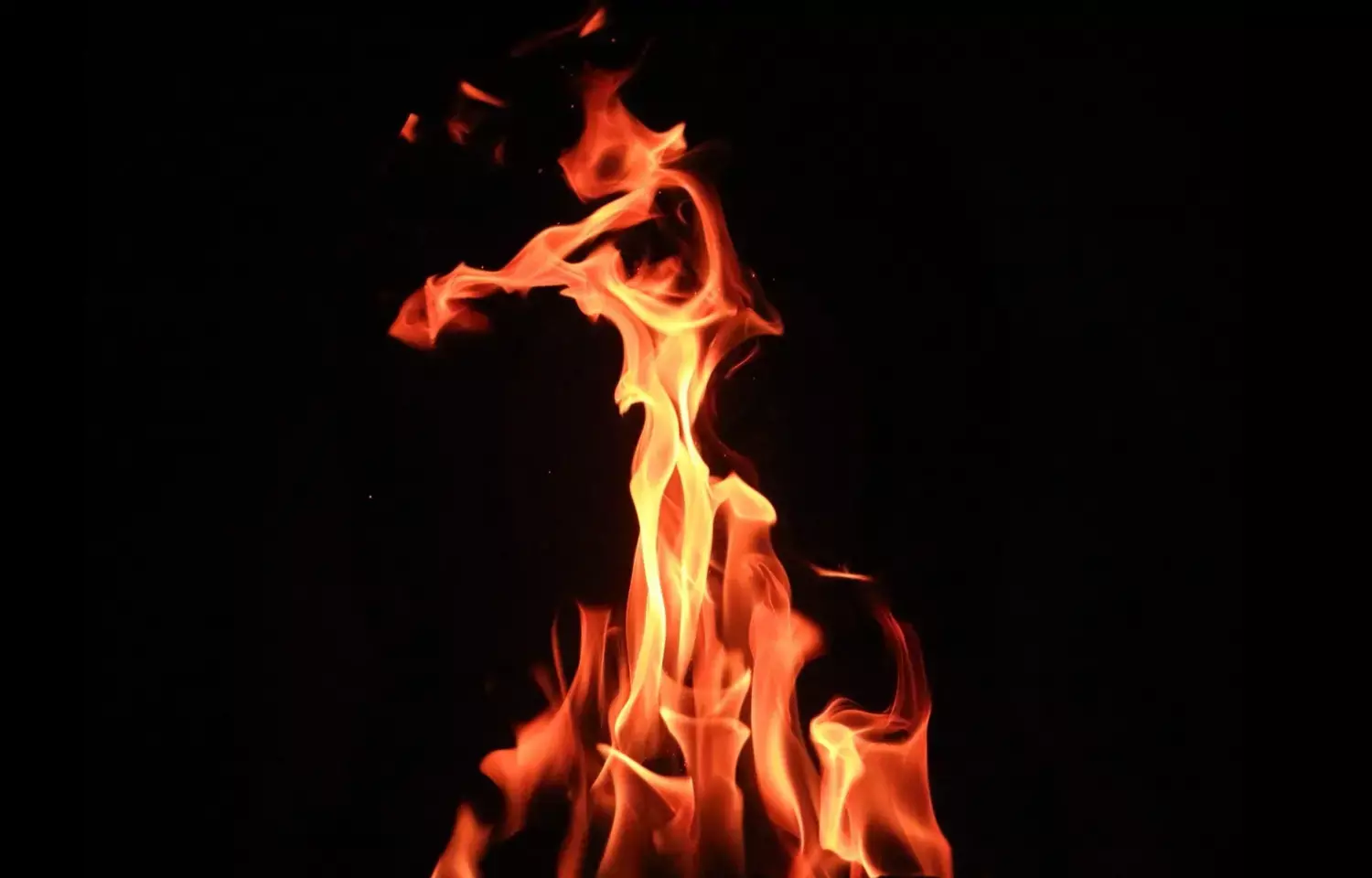- Home
- Medical news & Guidelines
- Anesthesiology
- Cardiology and CTVS
- Critical Care
- Dentistry
- Dermatology
- Diabetes and Endocrinology
- ENT
- Gastroenterology
- Medicine
- Nephrology
- Neurology
- Obstretics-Gynaecology
- Oncology
- Ophthalmology
- Orthopaedics
- Pediatrics-Neonatology
- Psychiatry
- Pulmonology
- Radiology
- Surgery
- Urology
- Laboratory Medicine
- Diet
- Nursing
- Paramedical
- Physiotherapy
- Health news
- Fact Check
- Bone Health Fact Check
- Brain Health Fact Check
- Cancer Related Fact Check
- Child Care Fact Check
- Dental and oral health fact check
- Diabetes and metabolic health fact check
- Diet and Nutrition Fact Check
- Eye and ENT Care Fact Check
- Fitness fact check
- Gut health fact check
- Heart health fact check
- Kidney health fact check
- Medical education fact check
- Men's health fact check
- Respiratory fact check
- Skin and hair care fact check
- Vaccine and Immunization fact check
- Women's health fact check
- AYUSH
- State News
- Andaman and Nicobar Islands
- Andhra Pradesh
- Arunachal Pradesh
- Assam
- Bihar
- Chandigarh
- Chattisgarh
- Dadra and Nagar Haveli
- Daman and Diu
- Delhi
- Goa
- Gujarat
- Haryana
- Himachal Pradesh
- Jammu & Kashmir
- Jharkhand
- Karnataka
- Kerala
- Ladakh
- Lakshadweep
- Madhya Pradesh
- Maharashtra
- Manipur
- Meghalaya
- Mizoram
- Nagaland
- Odisha
- Puducherry
- Punjab
- Rajasthan
- Sikkim
- Tamil Nadu
- Telangana
- Tripura
- Uttar Pradesh
- Uttrakhand
- West Bengal
- Medical Education
- Industry
Firework Bans linked to Lower Ocular Trauma finds JAMA Study

In a recent case-control study explored the connection between local legislation on fireworks and the occurrence of vision-threatening injuries. The findings of this study were published in the Journal of American Medical Association revealed important details about the impact of firework bans on ocular trauma during the Independence Day holiday.
Fireworks are known for their dazzling displays, but the accompanying risks to eye health have been a cause for concern. The study mainly aimed to evaluate the odds of firework-related ocular trauma in areas where fireworks are either permitted or banned.
This analysis was conducted at a level 1 trauma center in Seattle which spanned over eight years from 2016 to 2022. The case-control study involved 230 patients presenting with ocular trauma, with 94 who sustained firework-related injuries. The odds of such injuries were found to be significantly higher among residents in areas where fireworks were legally permitted compared to those living in areas where they were banned (OR, 2.0 [95% CI, 1.2-3.5]; P = .01).
The study also underscored the higher odds of patients under 18 years (OR, 3.1 [95% CI, 1.7-5.8]; P < .001) and male patients (OR, 3.3 [95% CI, 1.5-7.1]; P = .004). Also, firework injuries were more likely to be vision-threatening (57%) compared to non–firework-related injuries (40%) (OR, 2.1 [95% CI, 1.2-3.5]; P = .01).
The study highlights that residents in areas where fireworks are banned may experience a slightly lower risk of firework-related ocular trauma. While the findings imply that local firework bans could contribute to a modest reduction in these injuries, the study team emphasize the need for further studies to identify more effective measures that could help in minimizing the risks associated with fireworks.
Reference:
Harrison, L., Yee, P., Sundararajan, M., Ding, L., & Feng, S. (2023). Local Firework Restrictions and Ocular Trauma. In JAMA Ophthalmology. American Medical Association (AMA). https://doi.org/10.1001/jamaophthalmol.2023.5698
Neuroscience Masters graduate
Jacinthlyn Sylvia, a Neuroscience Master's graduate from Chennai has worked extensively in deciphering the neurobiology of cognition and motor control in aging. She also has spread-out exposure to Neurosurgery from her Bachelor’s. She is currently involved in active Neuro-Oncology research. She is an upcoming neuroscientist with a fiery passion for writing. Her news cover at Medical Dialogues feature recent discoveries and updates from the healthcare and biomedical research fields. She can be reached at editorial@medicaldialogues.in
Dr Kamal Kant Kohli-MBBS, DTCD- a chest specialist with more than 30 years of practice and a flair for writing clinical articles, Dr Kamal Kant Kohli joined Medical Dialogues as a Chief Editor of Medical News. Besides writing articles, as an editor, he proofreads and verifies all the medical content published on Medical Dialogues including those coming from journals, studies,medical conferences,guidelines etc. Email: drkohli@medicaldialogues.in. Contact no. 011-43720751


